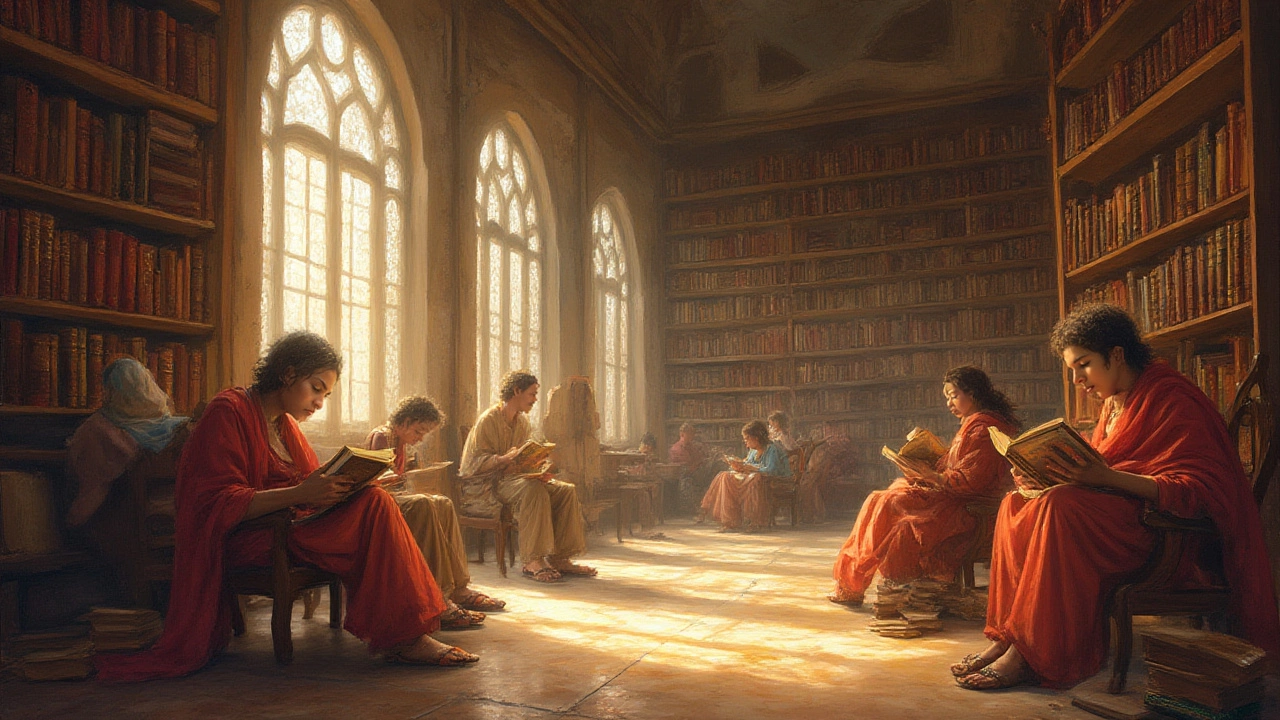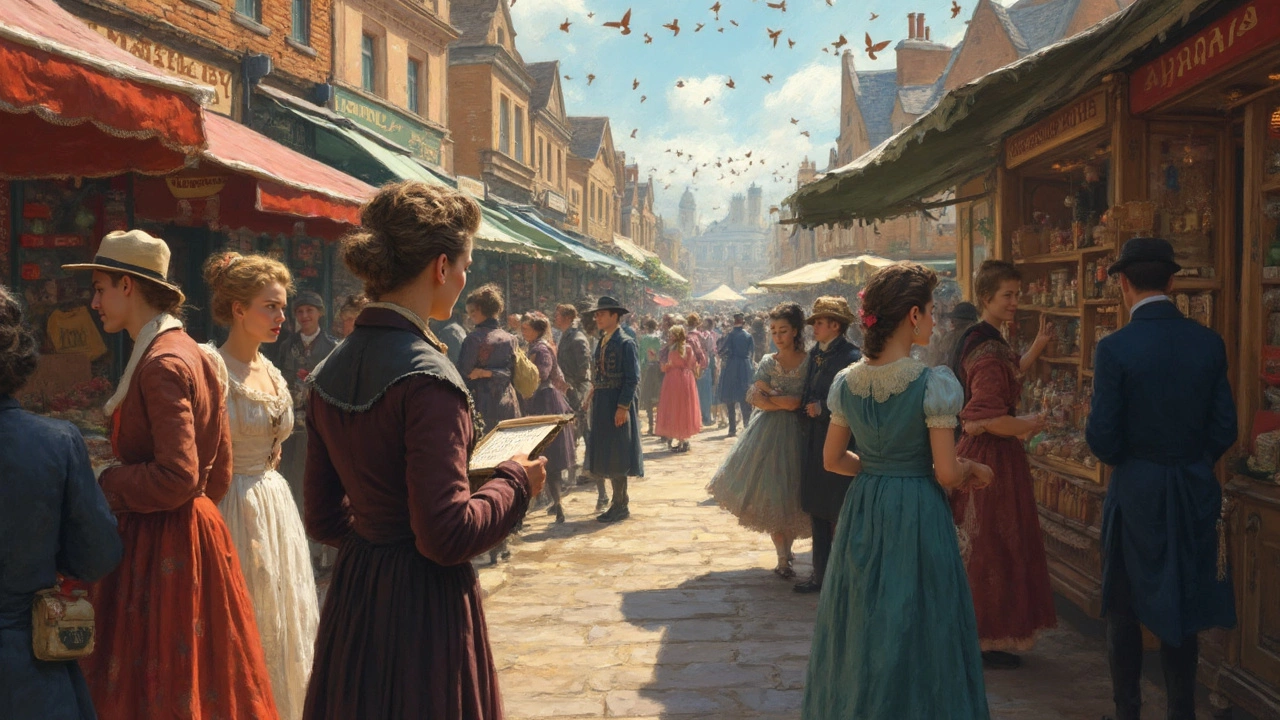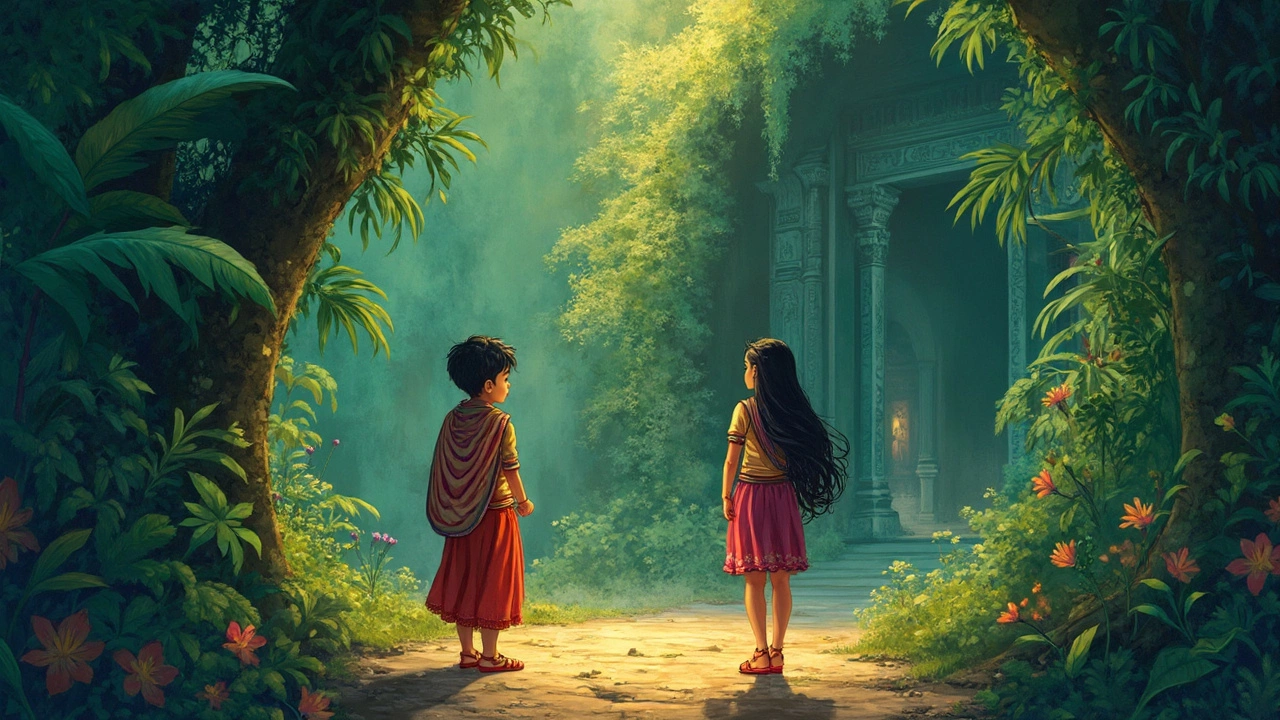Literature: What It Is, Why It Matters, and the Stories That Shape Us
When we talk about literature, the body of written works that explore human experience through language, character, and theme. Also known as literary fiction, it’s not about fast plots or easy answers—it’s about the quiet moments that change how we see the world. Literature doesn’t shout. It whispers in the spaces between words, in the grief of a mother, the silence of a soldier coming home, the stubborn hope of someone trying to belong. It’s what makes you pause mid-sentence and think, "That’s exactly how it feels."
What sets literature apart isn’t fancy words—it’s depth. cultural narrative, the shared stories a society tells itself about who it is and what it values lives inside literature. Think of the way Indian families pass down tales of resilience, or how colonial history quietly shapes modern novels from Delhi to Chennai. These aren’t just plots—they’re mirrors. And when you read a book that feels true, you’re not just reading—you’re recognizing yourself in someone else’s story. That’s why literature still matters, even in a world full of videos and memes. It’s the one thing that asks you to sit still, listen, and feel.
People often confuse literature with just "serious books," but it’s not about the genre—it’s about the intent. A book about a girl surviving a war, a man rediscovering his father’s letters, or a village grappling with change—those are literature. So are the quiet, everyday stories that don’t make headlines but stay with you for years. The posts below cover exactly that: how stories are built, why some stick, and what makes a book more than just pages. You’ll find real examples of cultural narratives in action, deep dives into what makes literary fiction work, and honest reviews that cut through the noise. No fluff. No hype. Just the stories that stick.

Top 5 Greatest Novels of All Time: Must-Read Classics for Book Lovers
Explore the top 5 greatest novels ever written, with fascinating facts and insights. Find out why these enduring classics should be on your reading list.
View More
Is Jane Austen Historical Fiction? Unveiling the Genre
The debate over whether Jane Austen's novels fall under the category of historical fiction piques the curiosity of literary enthusiasts. This article delves into the defining characteristics of historical fiction and compares them to Austen's works. It sheds light on the historical context within Austen's stories and the author's insightful portrayal of her contemporary society. Readers will gain a better understanding of Austen's place in the literary world.
View More
What Does MG Stand for in Books?
MG stands for 'middle grade' in books, a category that's distinct from young adult fiction. It targets readers aged 8-12, offering stories that bridge the gap between children's and teenage literature. Often filled with adventure and discovery, MG books capture the imagination with relatable themes. While they might feature young protagonists, these stories are crafted to offer both excitement and valuable lessons.
View More